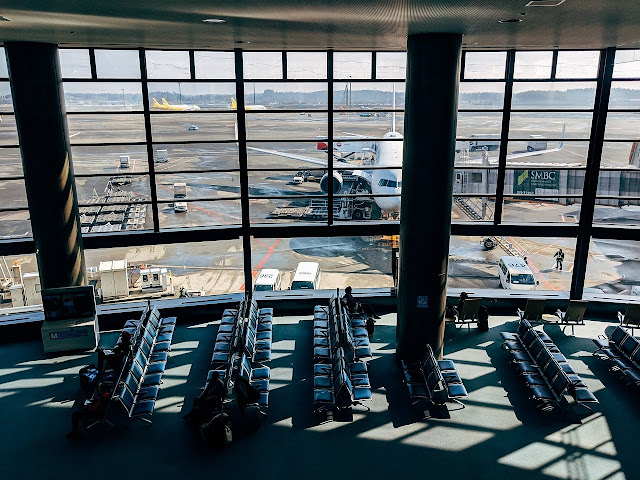What is a cross cultural kid?
 |
| Photo credit: Pixabay |
The term 'TCK' was originally coined by researchers John and Ruth Useem in the 1950s, and is now typically used to define:
[A] person who has spent a significant part of his or her developmental years outside the parents' culture. The TCK builds relationships to all of the cultures, while not having full ownership in any. (Third Culture Kids: Growing Up Among Worlds. David C. Pollock and Ruth E. Van Reken. 1999, 2001, 2009, 2017.)
I, for example, am a textbook TCK: I was born in Japan to fully Japanese parents, and moved to the US the first time when I was 4, repatriated to Japan after a few years, then moved back again to the US, etc. Japanese is my mother tongue and my first culture; American English and the US are my second. Neither I nor my parents are immigrants to the US. A classic case.
What's a CCK?
The acronym TCK seems to have gained a fair amount of recognition these days. Less widely accepted (perhaps because of the diffuseness of its definition) is the term 'Cross Cultural Kid' (CCK), which Pollock and Van Reken also introduce in the book.On her website, Ruth Van Reken defines CCKs as:
(CCKs)—children who grow up among many cultural environments for any reason.
Well, that's pretty all-encompassing!
It includes children who come from families that may be multiracial, multilingual, expat or immigrant, but can encompass much more. Just take a look at the list suggested in Third Culture Kids:
Isn't that, like, almost every minority kid or every child who's ever moved to a new school or culturally different neighborhood??
Maybe it's this very inclusiveness and its flipside vagueness that makes it harder for 'CCK' to catch on, compared to 'TCK'.
Still, I like how CCK acknowledges that adapting to cultural shifts can take place within a country's borders, that it doesn't require moving to another country.
A word and concept for my family
I also like that it gives me a word and a concept to describe my kids and this family: my kids have never lived outside of Thailand but their parents are not culturally, nor linguistically Thai. They are growing up at an intersection of at least three different cultures (four, if you count me as representing two!). And for sure they will experience changing from one school culture to another, as Japanese school only goes up to 9th grade.While my children's journey to self-identity as CCKs will be different from my own as a TCK, I hope that it might at least let me empathize better as they navigate their way through to (eventual?) self-acceptance.
With extra angst and suffering and possible delayed adolescence, it isn't the easiest of journeys. Nonetheless, it is a beautiful and amazing and privileged one, and I do hope my kids also come to appreciate it.



Comments
Post a Comment